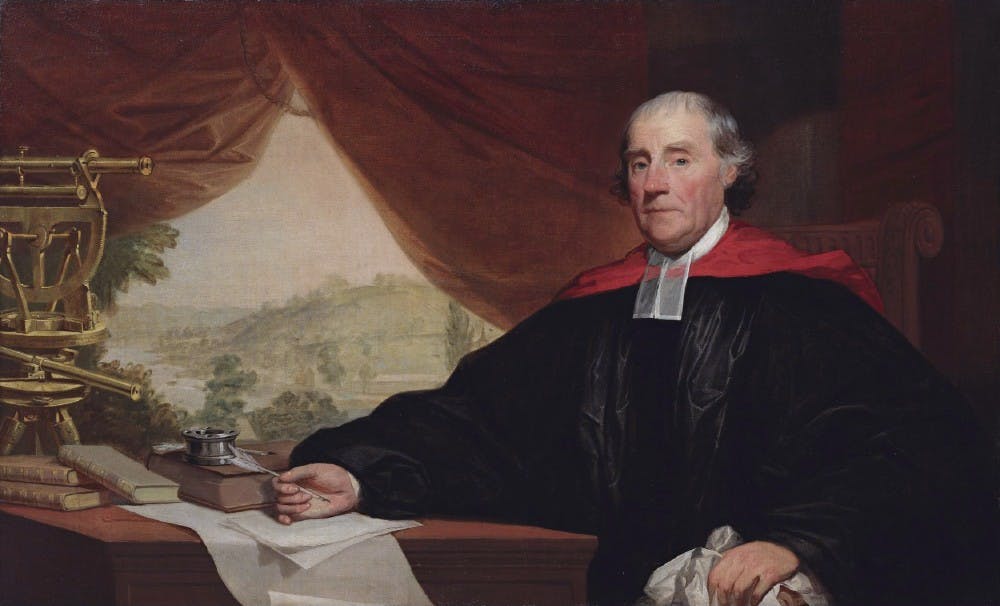Penn has announced a range of significant findings into the University's history with slavery. In a statement dated June 28, the University wrote that 75 of Penn's former trustees were slave owners, including Penn’s first Provost, William Smith. The University also paid a Penn professor for work done by an enslaved man whom he owned, and sent faculty members to raise money from slave-owning families.
"In this and other ways, the labor of enslaved people was used to support and care for Penn faculty and students," the statement read.
Penn President Amy Gutmann also listed five action items that the University planned to take in light of these findings. Apart from supporting further research into the issue, Penn plans to develop a website to serve as a repository of the information, supporting the continued research of the Penn Slavery project, and join the Universities Studying Slavery consortium — a coalition of schools dedicated to studying the legacies on slavery on contemporary life.
Penn's Thursday announcement is a distinct reversal from a position adopted two years ago.
In 2016, after Georgetown University publicly acknowledged the university's own connection to the slave trade, Penn Director of Media Relations Ron Ozio told The Philadelphia Tribune that “Penn has explored this issue several times over the past few decades and found no direct University involvement with slavery or the slave trade."
Earlier this year, an undergraduate student research study supported by Penn's History Department found that many of the University's founding trustees had substantial connections to the slave trade.

Student researchers in the Penn Slavery Project expanded upon their initial findings, further demonstrating the University's connections to slavery at a presentation on April 23.
In this "Penn Slavery Project," the students, led by Penn History Professor Kathleen Brown, found that out of the 28 trustees they investigated, 20 of them owned slaves. The group presented their preliminary research on Dec. 11 at College Hall only weeks after the Princeton and Slavery Project unveiled dozens of archival documents about Princeton's ties to slavery.
Penn responded to the students' findings by forming its own working group to investigate the University's ties to slavery after meeting with the students who were part of the research group.
"Our statements last year regarding any further University nexus were based on the best information that was then known to the University Archives," Penn spokesperson Stephen MacCarthy said in a statement earlier this year. "Through the [Penn Slavery Project] student's research, we are now aware of additional information."



